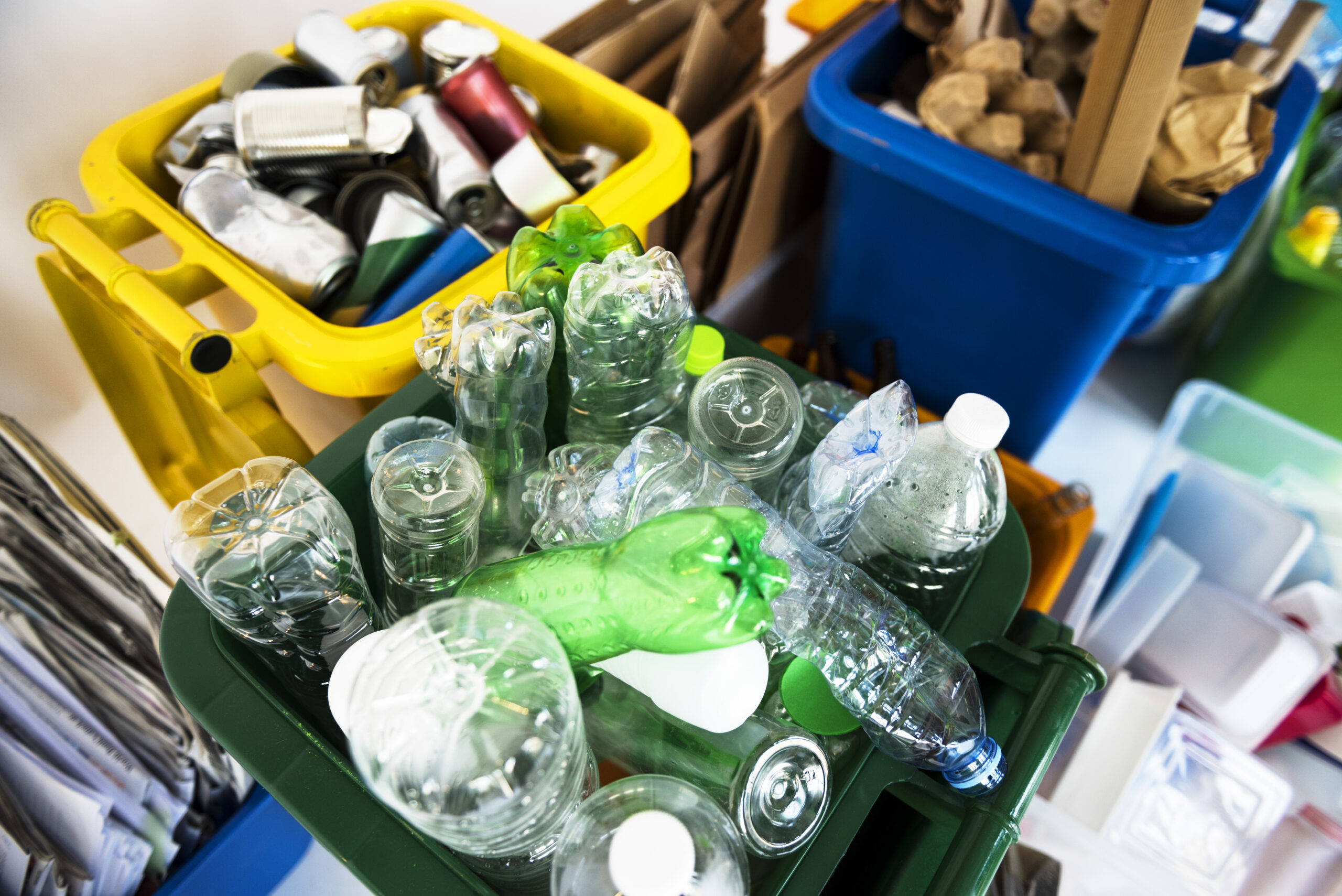Haven 45
1131 EP Volendam

On behalf of the Dutch chemical, plastic, and waste industries, the international accounting and consulting organization KPMG conducted research on the rising demand for plastic waste for recycling in the Netherlands. This research revealed that the demand for plastic waste for recycling in the Netherlands is expected to double to over 2.2 million tons by 2030, due to new national and European obligations to use recycled materials in new products.
The expected surge in demand for plastic waste recycling in the future is not entirely surprising. According to KPMG’s research, a significant portion of companies is already prepared to respond to the growing demand. The chemical and plastic industries are exploring new and better options for chemical recycling, such as pyrolysis, which could recycle an additional 0.9 million tons of plastic. Additionally, recycling companies express their intention to invest in extra capacity to recycle larger quantities of plastic in the future.
Unfortunately, there is still much uncertainty about government policy and plastic availability. KPMG’s research indicates that in 2030, the supply for Dutch plastic waste processors will remain at approximately 1 million tons. This finding suggests a substantial shortage of plastic waste for the Dutch industry in 2030. While recycling companies may have the will to invest in additional capacity, the uncertainty about plastic shortages and government policies causes them to put their investment plans on hold.
Currently, it seems that companies within the recycling industry are ready for change, but the government itself has not demonstrated sufficient commitment to achieving the goals for a circular plastic industry. To meet the European goals for a circular plastic chain, the Dutch government must provide more clarity in regulations and, above all, show greater commitment.
The challenges the government faces regarding plastic waste are diverse and require decisive measures. KPMG proposes various solutions that the government can explore. A crucial aspect is optimizing the process of collecting and recycling plastic waste to prevent a significant portion of collected plastic from still ending up in incinerators. This necessitates striving for better waste sorting, a crucial step to reduce the current 70 percent waste of the annual 1,698 kilotons of plastic waste.
Moreover, there is untapped potential in commercial and industrial waste streams, from which substantial amounts of plastic can still be recovered. Taking targeted measures to improve collaboration between different links in the plastic waste chain is essential. This includes both the traditional waste sector and chemical recyclers, with alignment of quantities and specifications of raw materials being crucial and needing standardization.
Even if all these opportunities are seized, there remains a significant need for circular raw materials from other parts of Europe. It is essential for the Netherlands to actively strive for a level playing field to facilitate the easier transport of plastic waste within Europe. Additionally, obstacles hindering the use of plastic waste as a renewable raw material need urgent addressing. The government must also concretize the National Circular Plastic Standard to create a predictable and attractive investment climate for circular initiatives. It is high time to collaborate on a sustainable future where plastic waste is seen as a valuable source of raw materials rather than a problem to be burned.
How companies should anticipate the increasing demand for plastic waste is entirely dependent on the government’s actions. While it is good that companies are already looking ahead, without a concrete approach and government commitment, companies can currently do no more than make plans. At Circular Plastics, our goal is to utilize strategic resources in a closed loop since recycled material will become scarce on the open market. We are working on innovative and sustainable solutions that reduce waste and promote more recycling. If you want more information or assistance with your sustainability issue, please contact us!
Haven 45
1131 EP Volendam